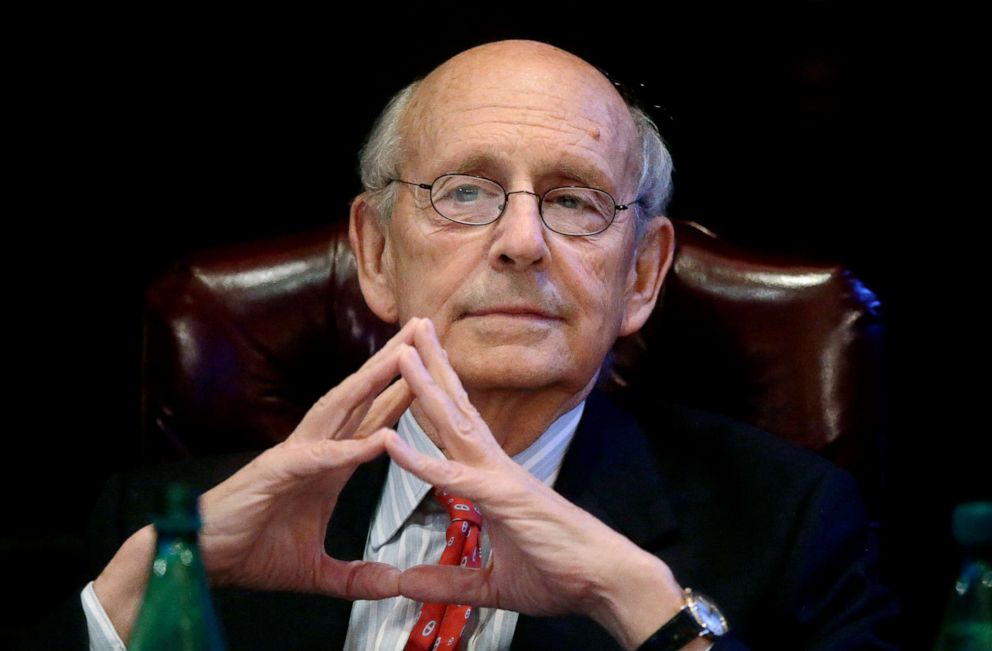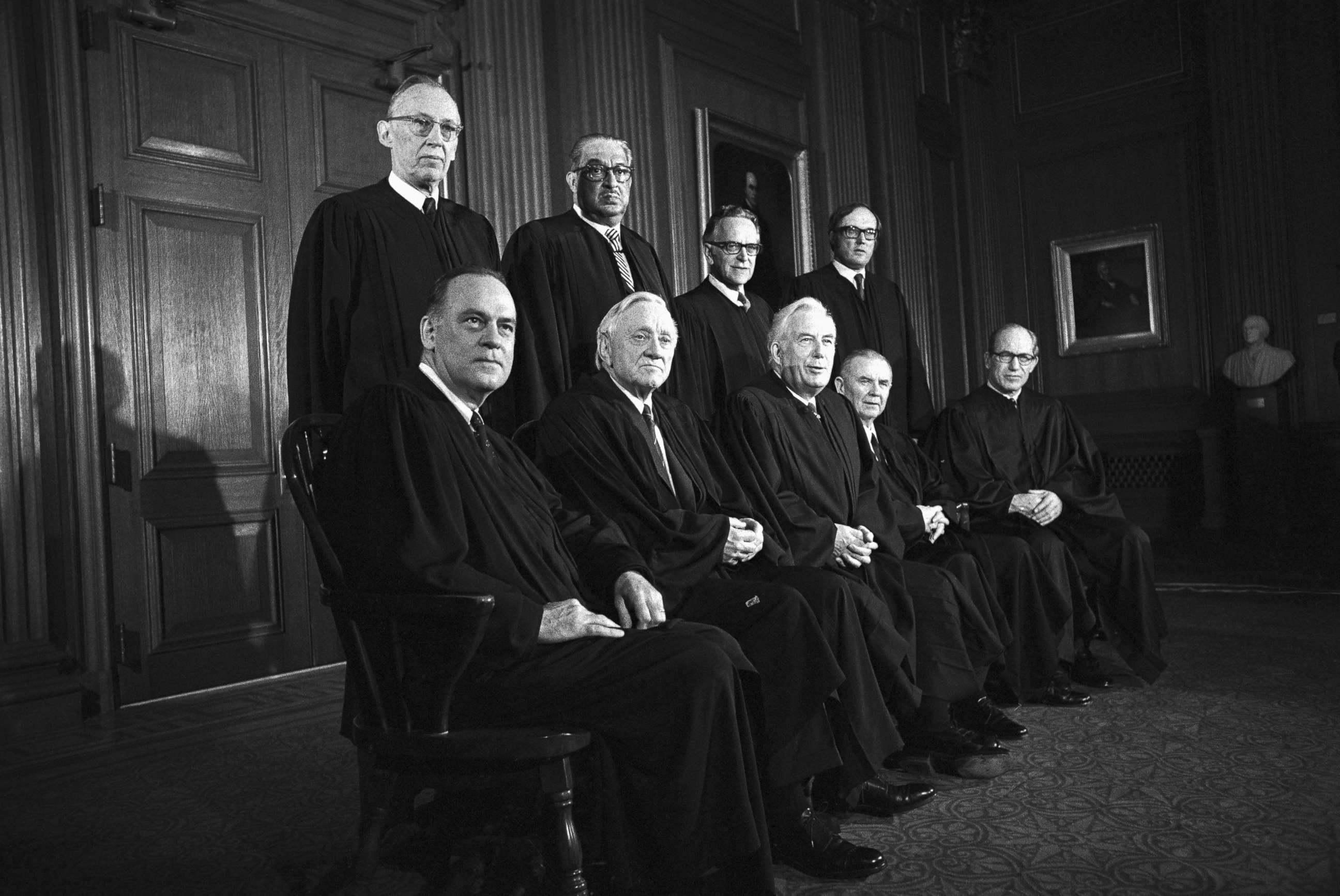Liberals alarmed for Roe v. Wade as Supreme Court conservatives overturn 40-year-old precedent
"Which cases will the court overrule next," Justice Stephen Breyer asks.
If you think the Supreme Court's conservative majority won't touch well-established legal precedent: think again.
In a 5-4 ruling on Monday, the court overturned a 40-year-old precedent in a low-profile sovereign immunity case, a move liberals see as a potential indication that the precedent set by Roe v. Wade could be under threat.
Justice Clarence Thomas wrote for the majority, "stare decisis does not compel continued adherence to this erroneous precedent," referring to the principle of legal precedent.
He did not suggest that there was an urgent issue or functional problem with existing doctrine -- simply that it was wrong.
Justice Stephen Breyer, in a dissent from the court's liberal justices, quoted from a high-profile abortion case and asked, "which cases the court will overrule next?"
"It is one thing to overrule a case when it 'def[ies] practical workability,' when 'related principles of law have so far developed as to have left the old rule no more than a remnant of abandoned doctrine,' or when 'facts have so changed, or come to be seen so differently, as to have robbed the old rule of significant application or justification,'" Breyer wrote, quoting from Planned Parenthood v. Casey, the landmark 1992 case that upheld the constitutionality of abortion.

"It is far more dangerous to overrule a decision only because five members of a later Court come to agree with earlier dissenters on a difficult legal question," he wrote. "Today's decision can only cause one to wonder which cases the Court will overrule next."
The case Monday overturned a 1979 ruling that said there was no blanket constitutional immunity for states in each others' court systems. Thomas and the conservatives said there is such immunity, and that states "could not be hauled involuntarily before each other's courts."

During the two most recent Supreme Court confirmation hearings, Justices Neil Gorsuch and Brett Kavanaugh each pledged to defend precedent and declared that the landmark 1973 decision, Roe v. Wade, qualified as such.
Gorsuch told Democratic Sen. Dick Durbin during his hearing in 2017 that, "The Supreme Court of the United States has held in Roe v. Wade that a fetus is not a person for purposes of the Fourteenth Amendment," referring to the amendment that pertains to due process of law.
"Do you accept that?" Durbin asked.
"That's the law of the land," Gorsuch said. "I accept the law of the land, senator, yes."
Kavanaugh called Roe "important precedent" during his confirmation in 2018, but acknowledged that the court "can always overrule."




